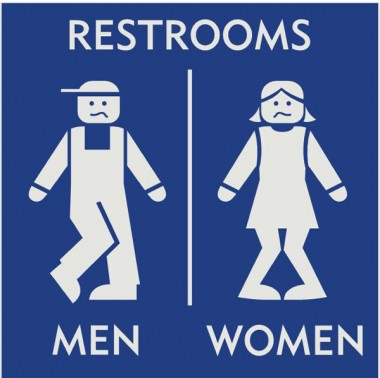Do you ever squeeze your knees when you sneeze? Many of you do! In fact, there are so many that do there are several products produced by our supply an demand economy in order to discretely manage bladder control issues.
Before you run out and start spending money you should understand a few facts about incontinence. There are several different types of incontinence and each has a different treatment. Treatments for incontinence can include medication, surgery or simple exercises. You can ask you doctor for advice or you can read more.
Stress Incontinence is the most common. It is the involuntary passing of urine during any increase in abdominal pressure, such as coughing, sneezing, laughing or lifting heavy objects. It is caused by weakened or damaged pelvic structures.
Urge incontinence is caused by neurological damage from strokes, diabetes, bladder infections or kidney stones. In this circumstance, the bladder begins to empty itself often before the person feels the urge.
Overflow incontinence occurs when small amounts of urine leak from the bladder that is always full due to such conditions as prostrate enlargement, obstruction, constipation, or nerve damage.
Functional incontinence occurs when a person has normal bladder function, but is unable to get to the toilet or has dementia.
Prompt discussion of the symptoms you are having with your doctor or other health care practitioner is important. Early treatment can help you to avoid problems with sleep interruption, skin irritation, or depression.
Your doctor may talk to you about your lifestyle. Cutting back on bladder irritants like caffeine, alcohol and tobacco products can improve symptoms. Scheduling your bladder emptying with the intent of improving the ability to hold urine longer is called bladder training. Another lifestyle change can include exercises that strengthen the pelvic floor.
Some types of incontinence cannot be improved with lifestyle, but require medication or surgical treatment. If you have had pelvic floor damage related to childbirth, or neurologic damage from other illness your doctor should be able to explain your options to you.
Simply stated, incontinence is a subject best approached with sensitivity. Others who care for you will want to help. As dignity can be a fragile thing, be willing to use a disposable undergarment. You should create habits that will improve your sense of security and allow you to remain active.


